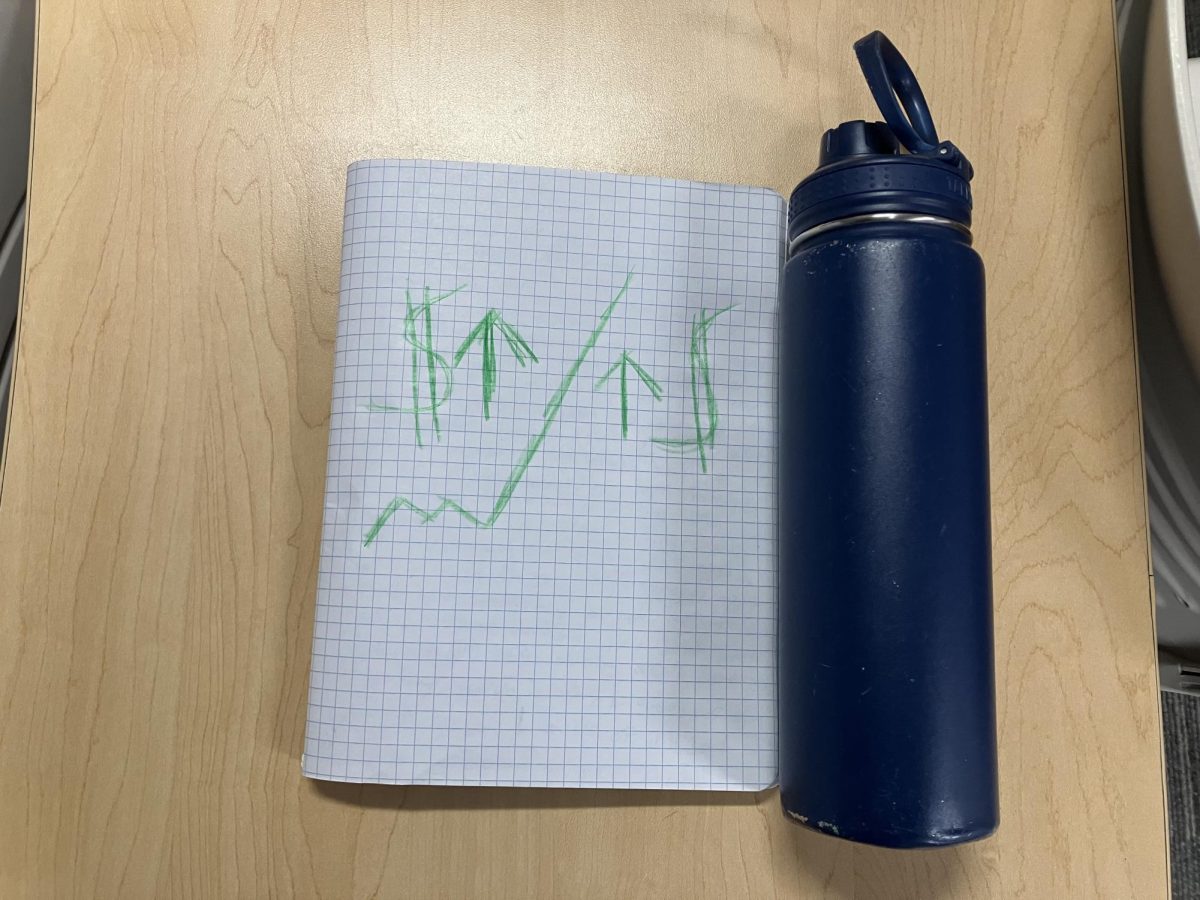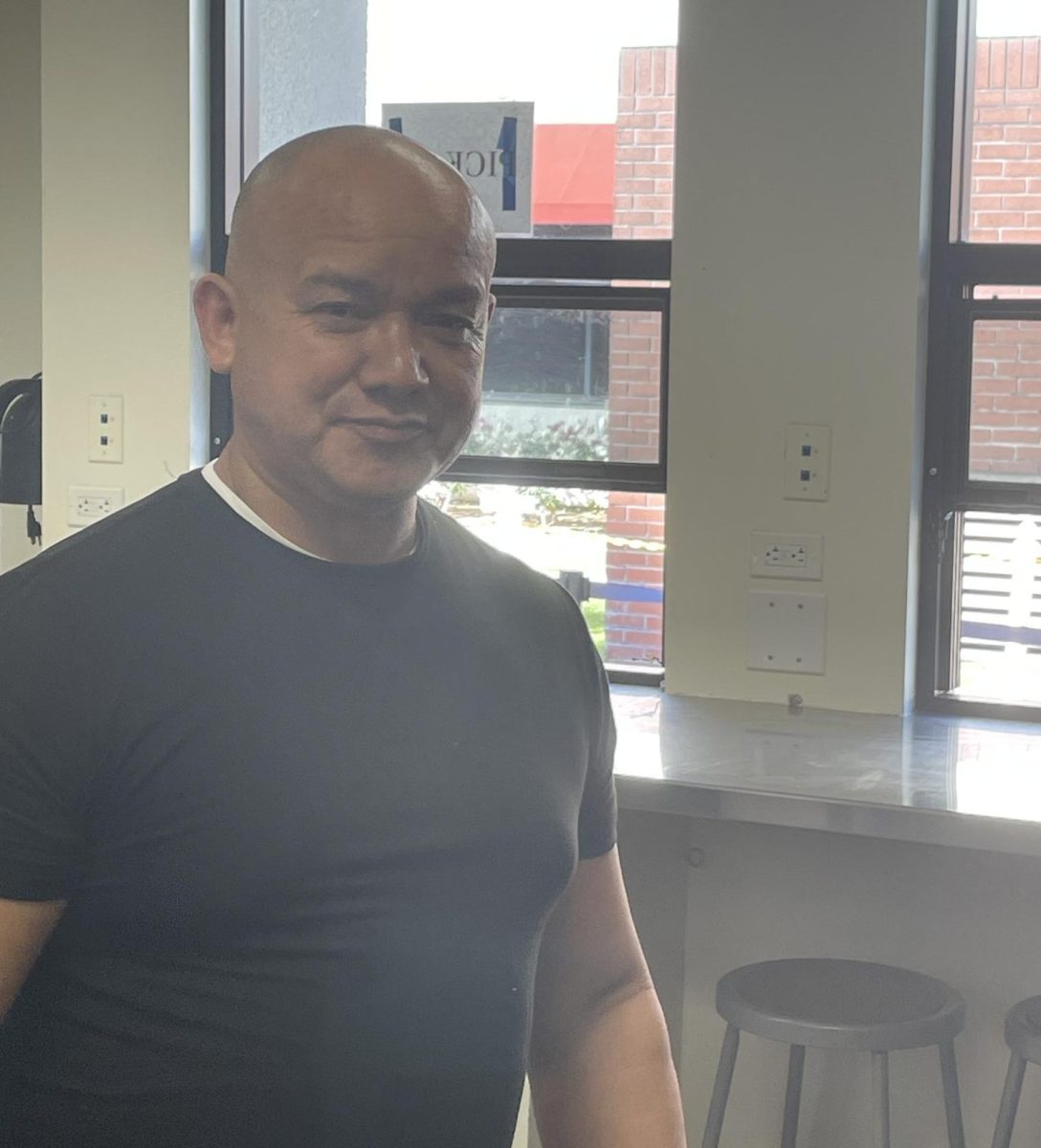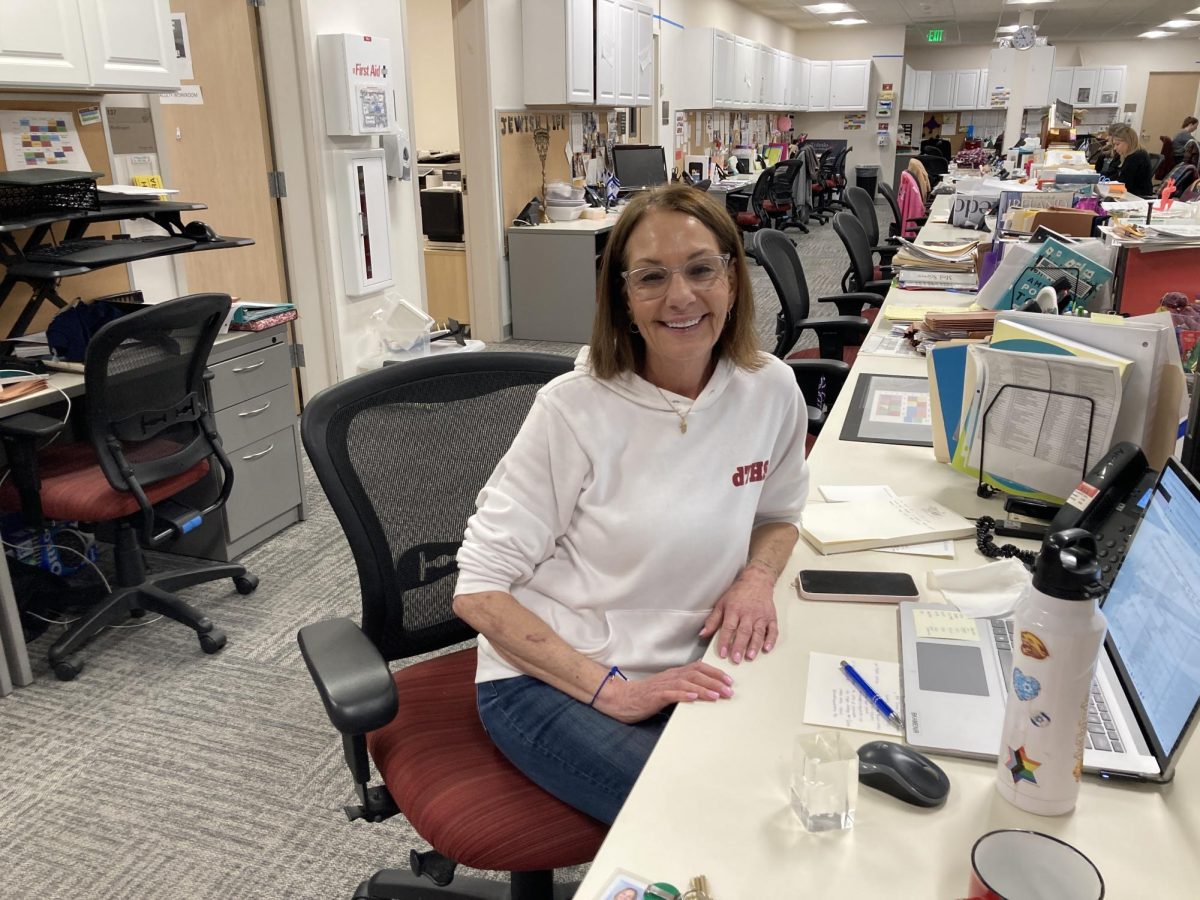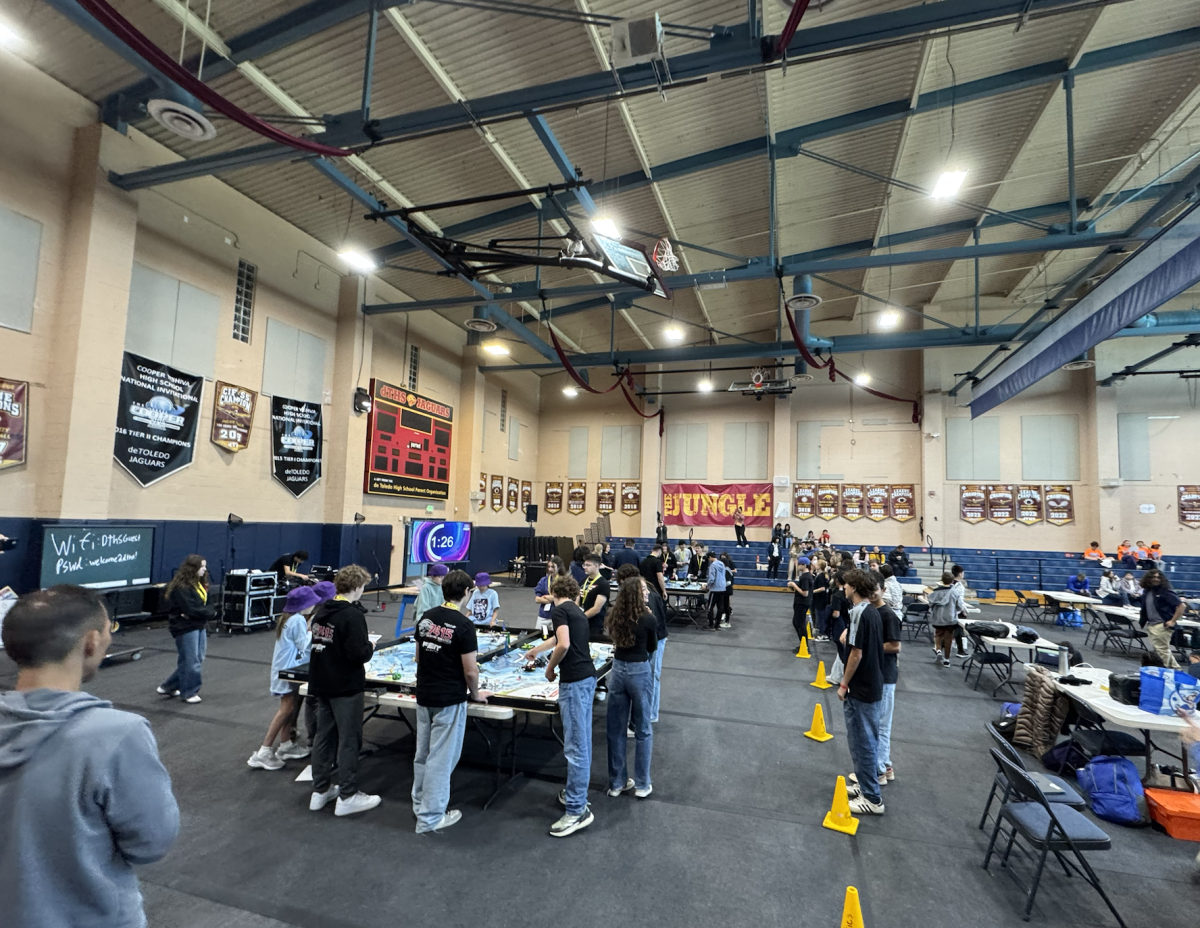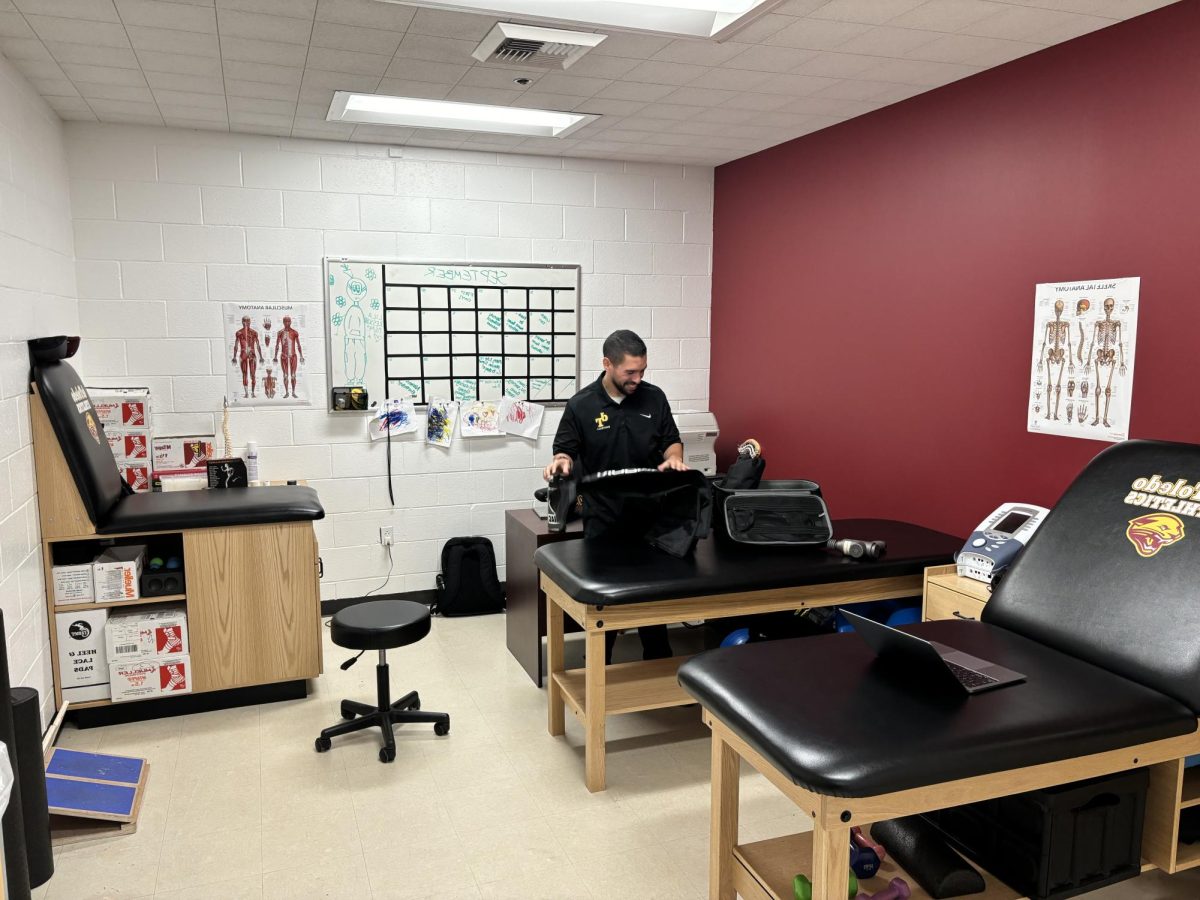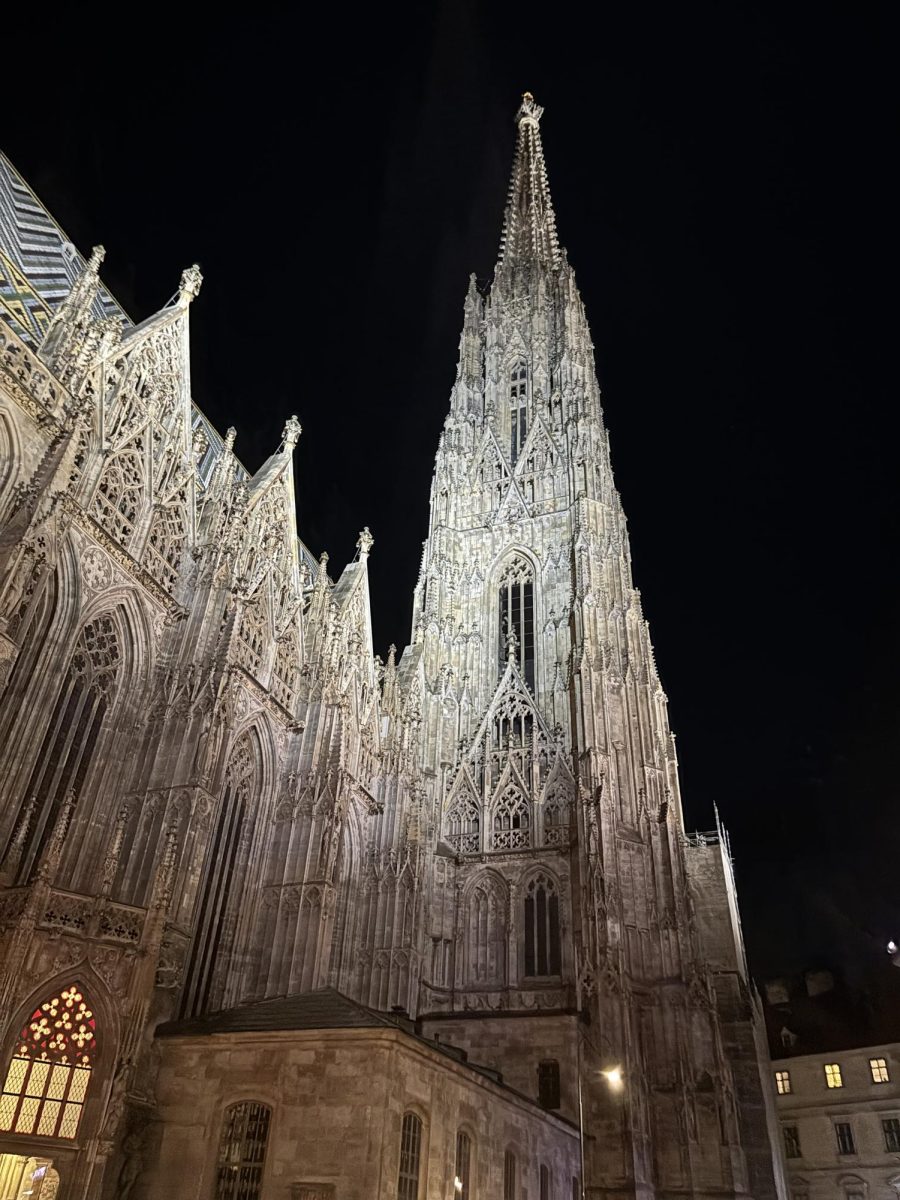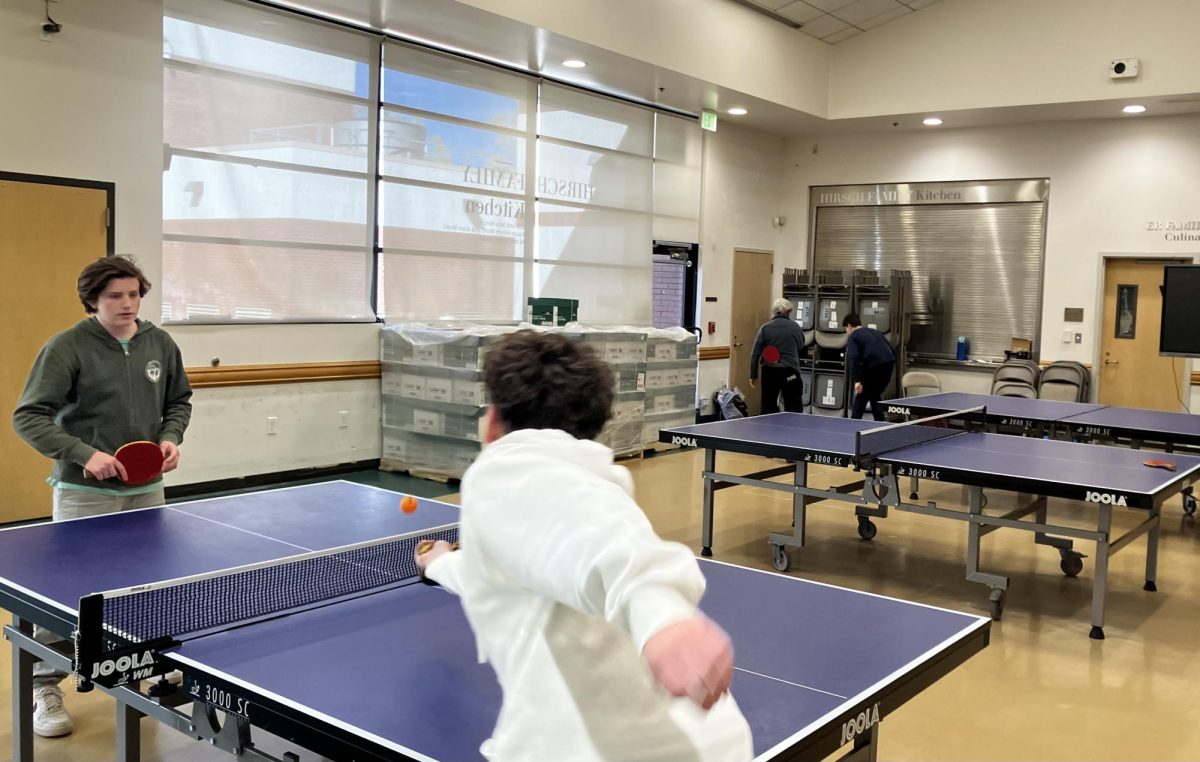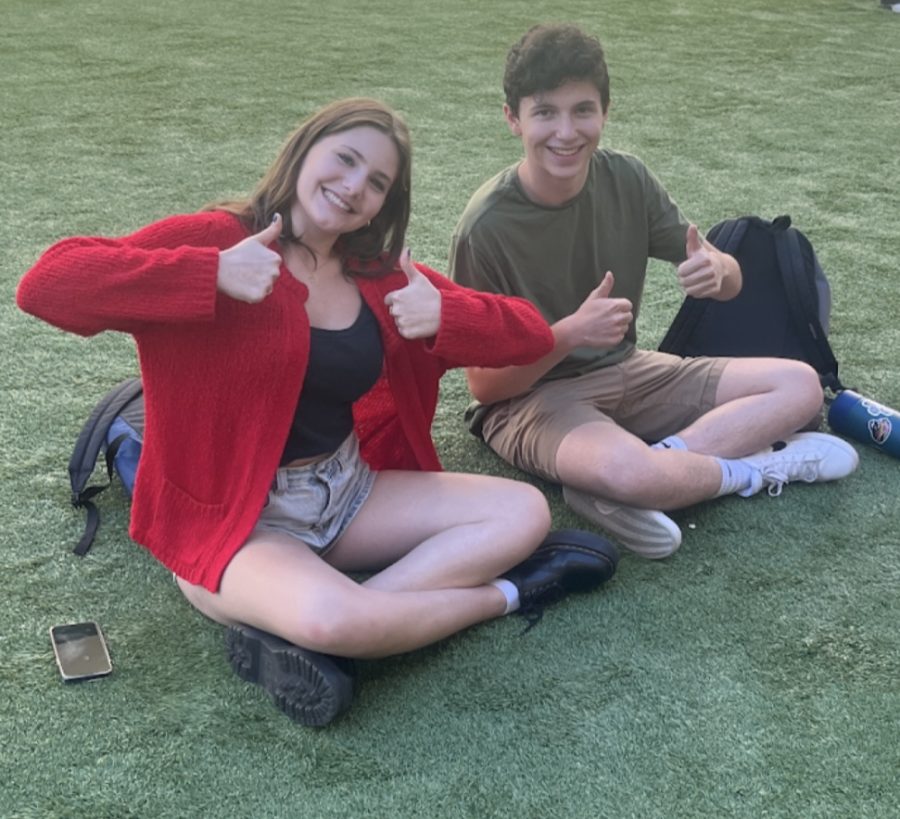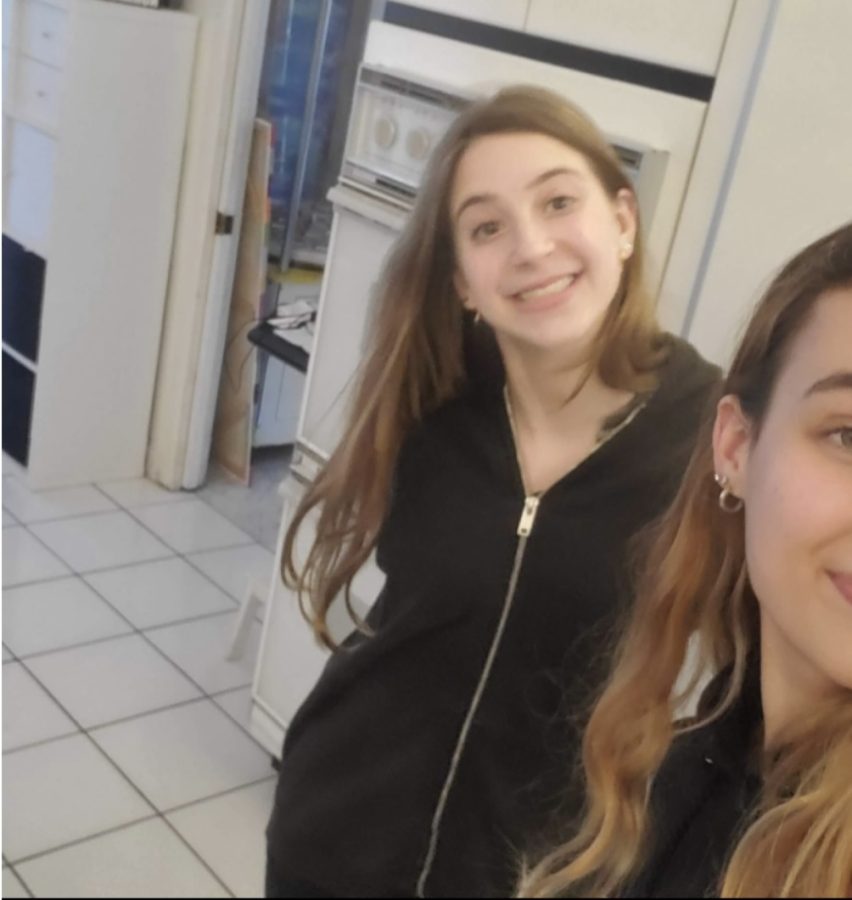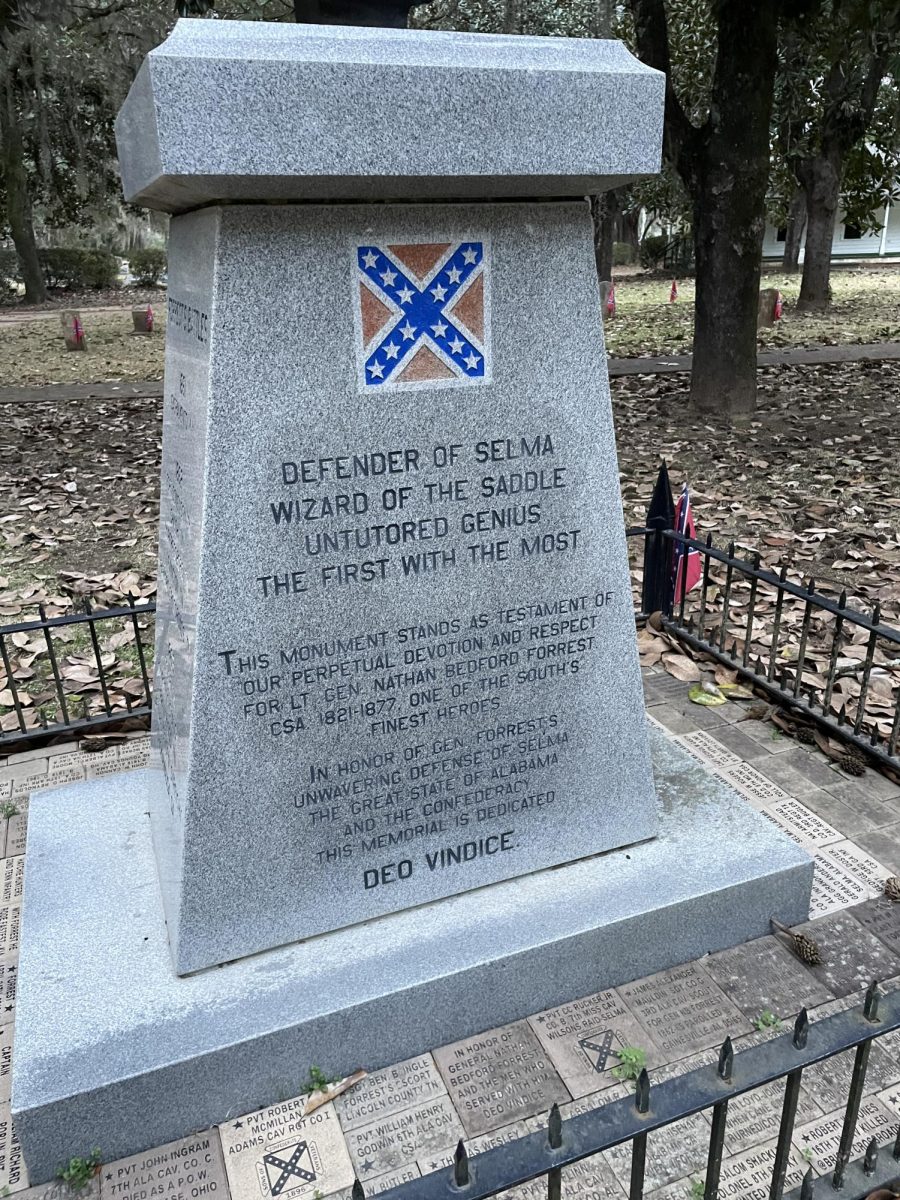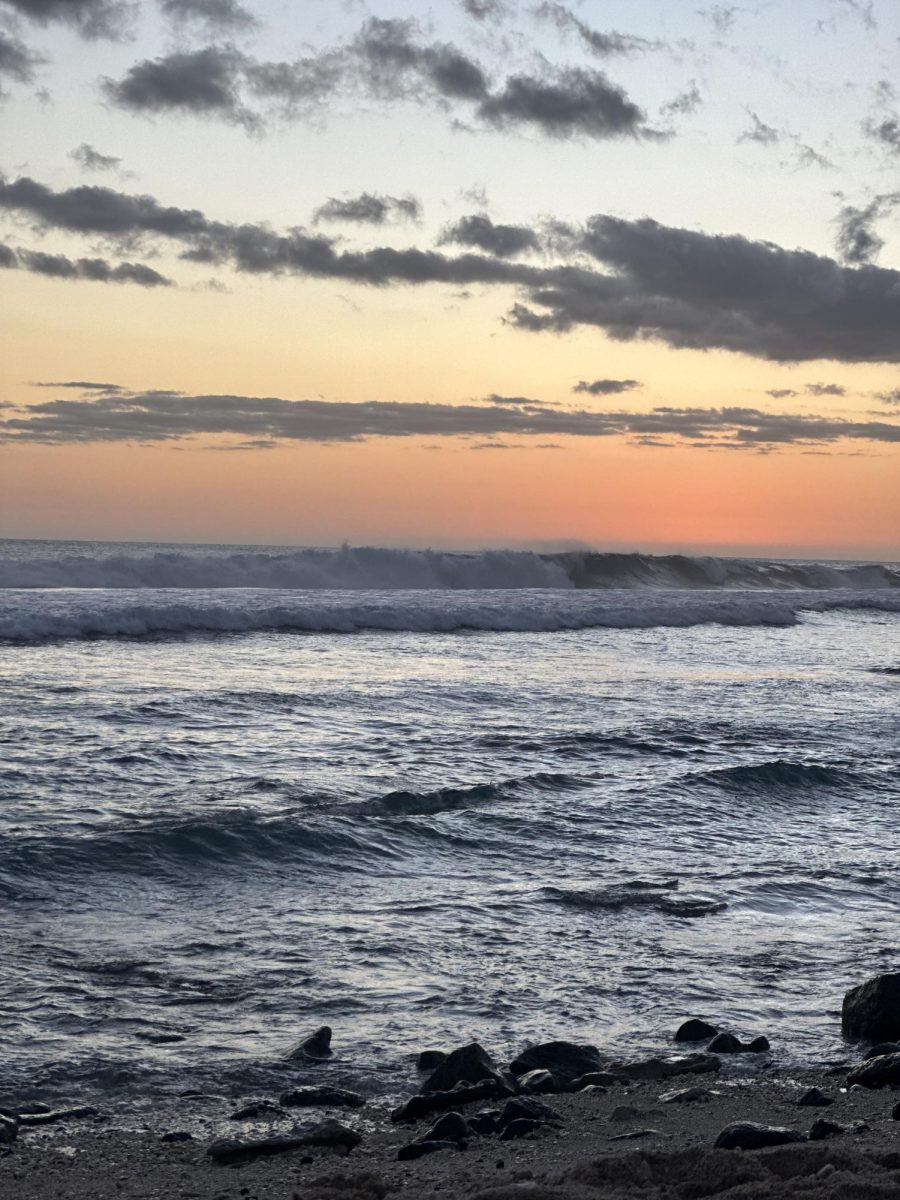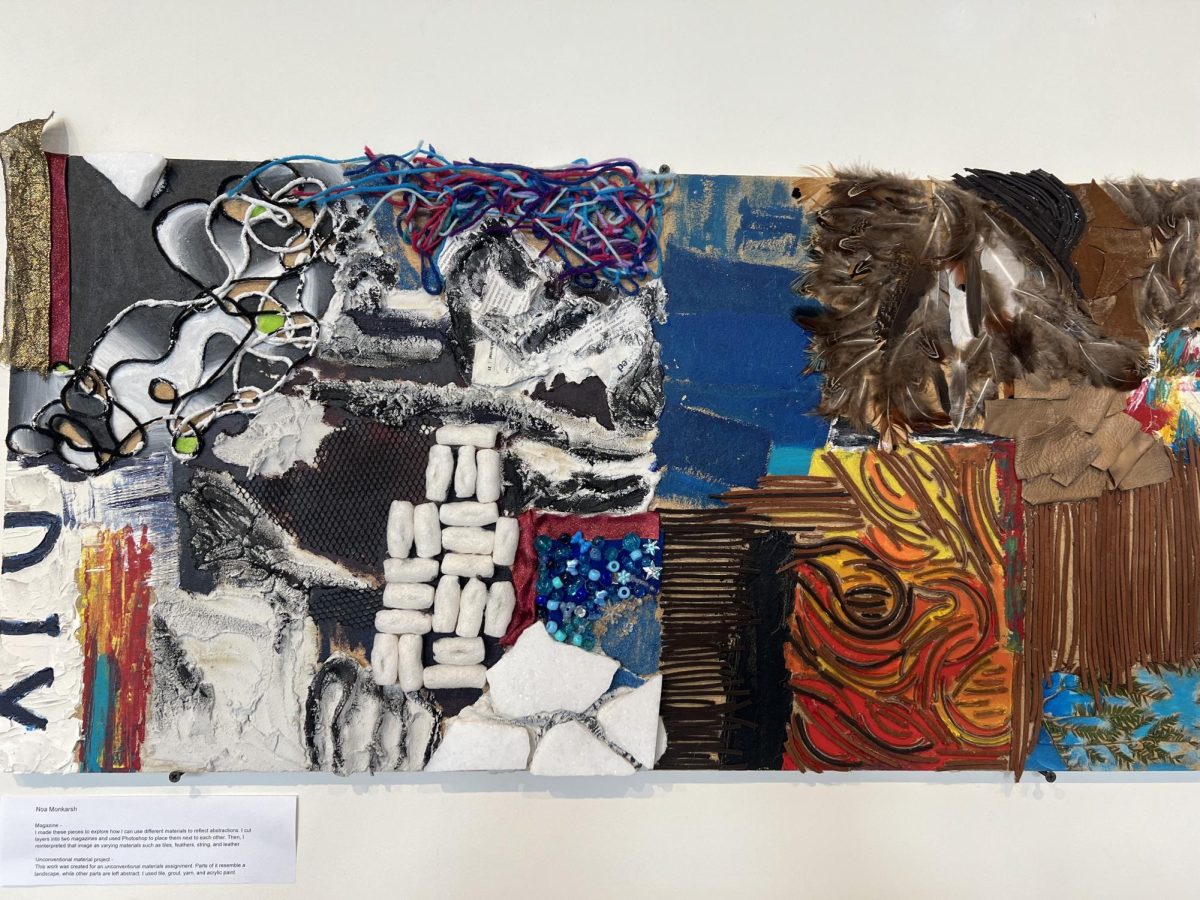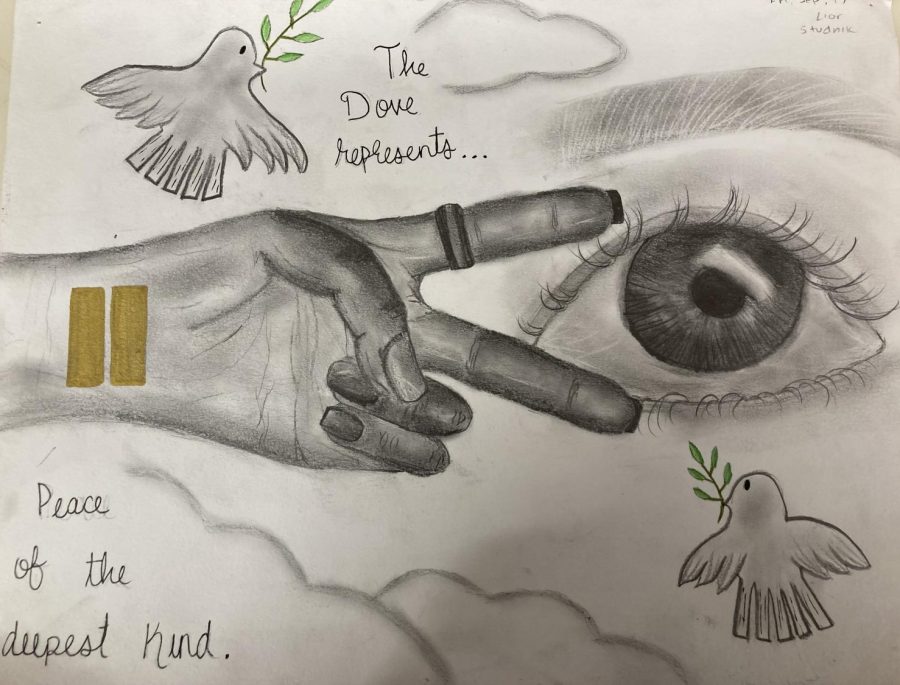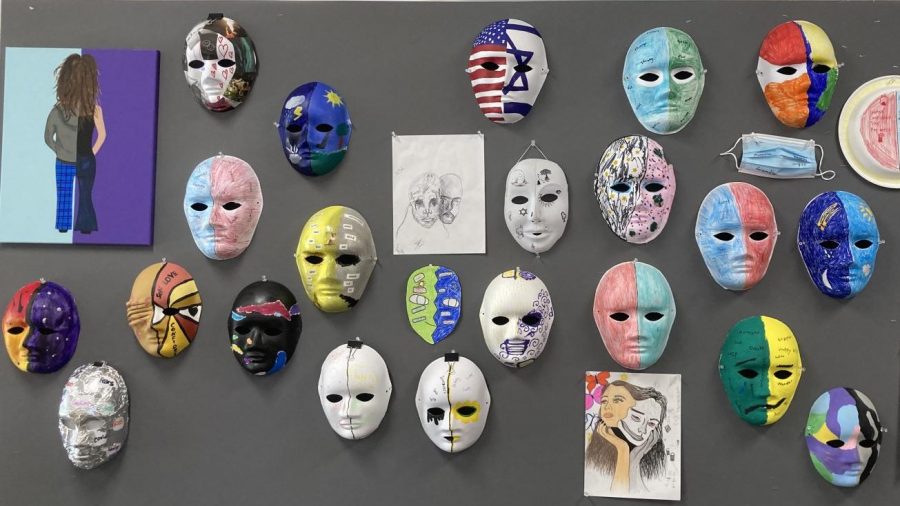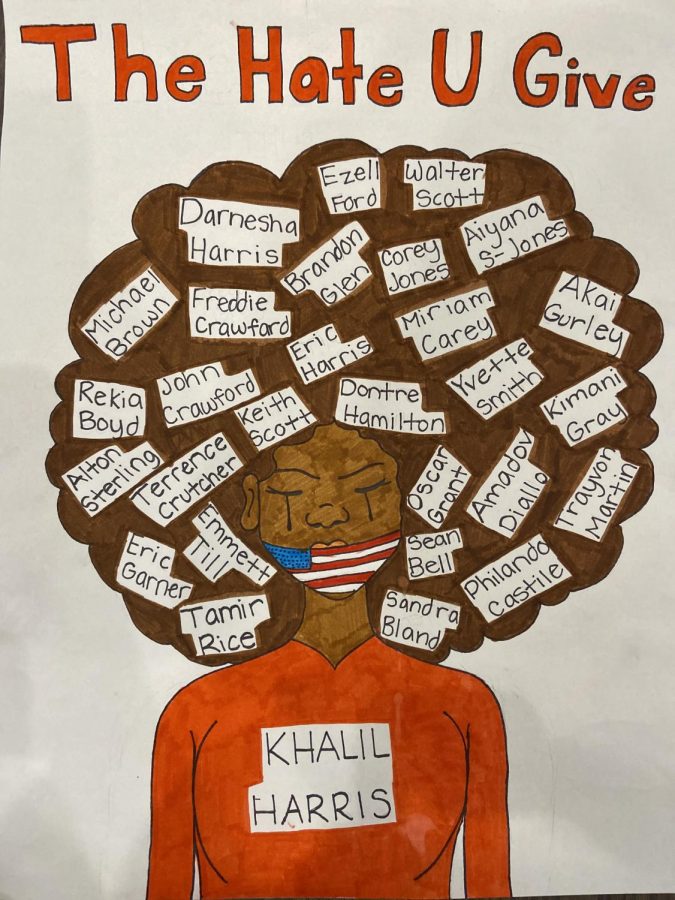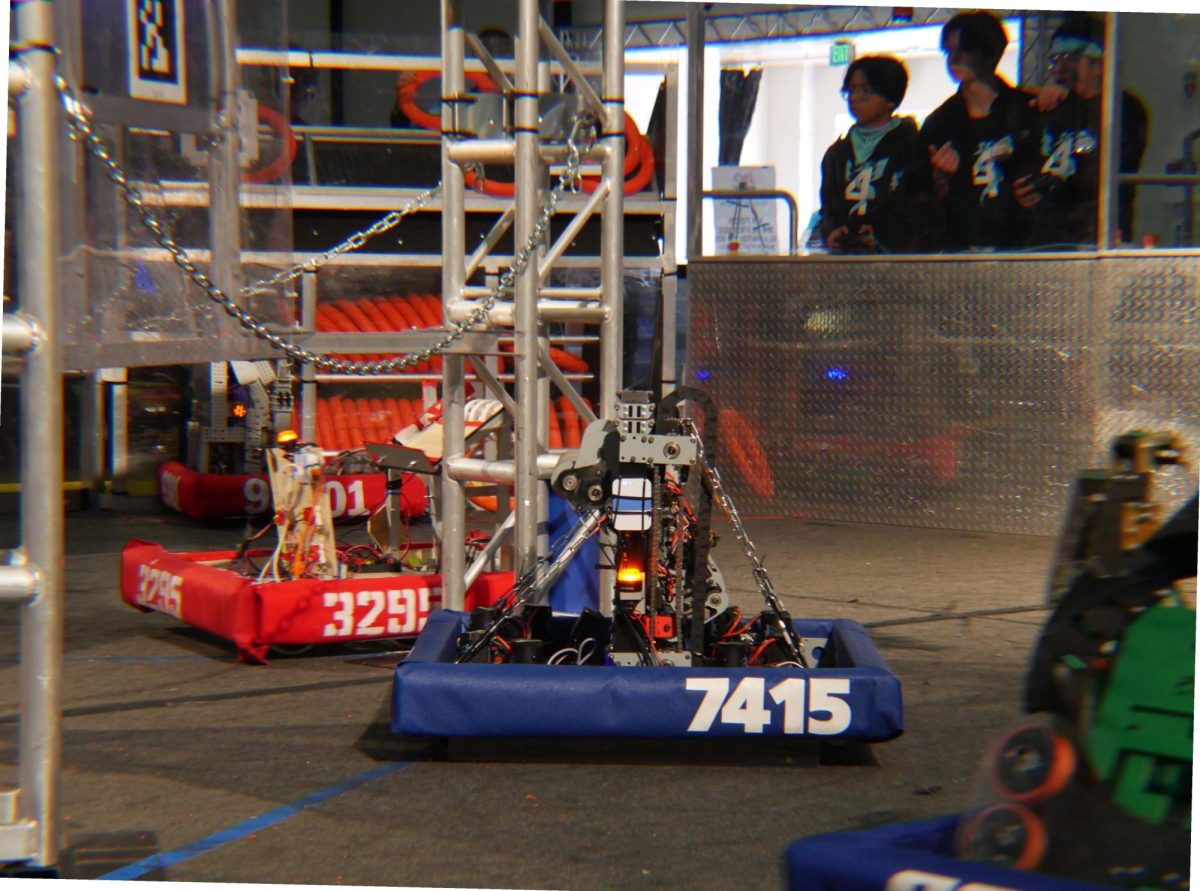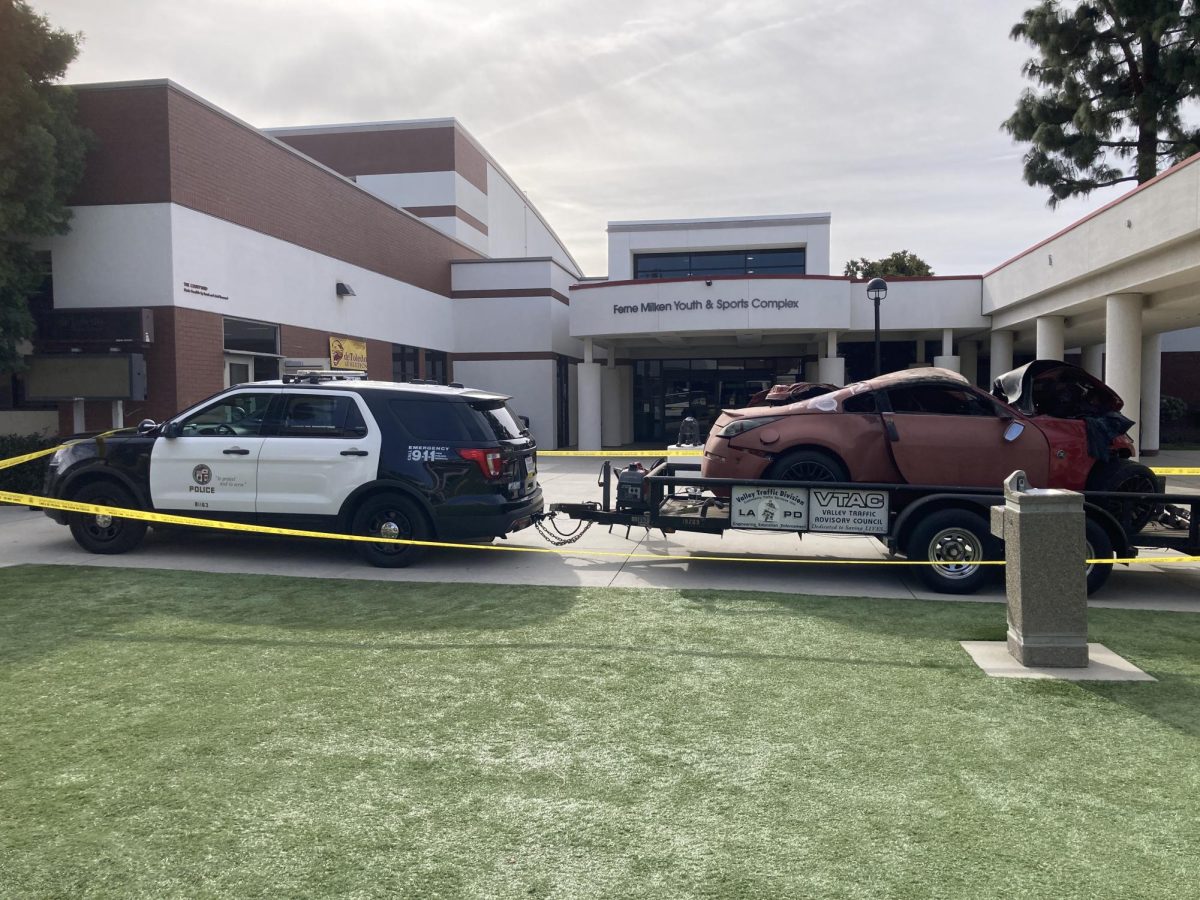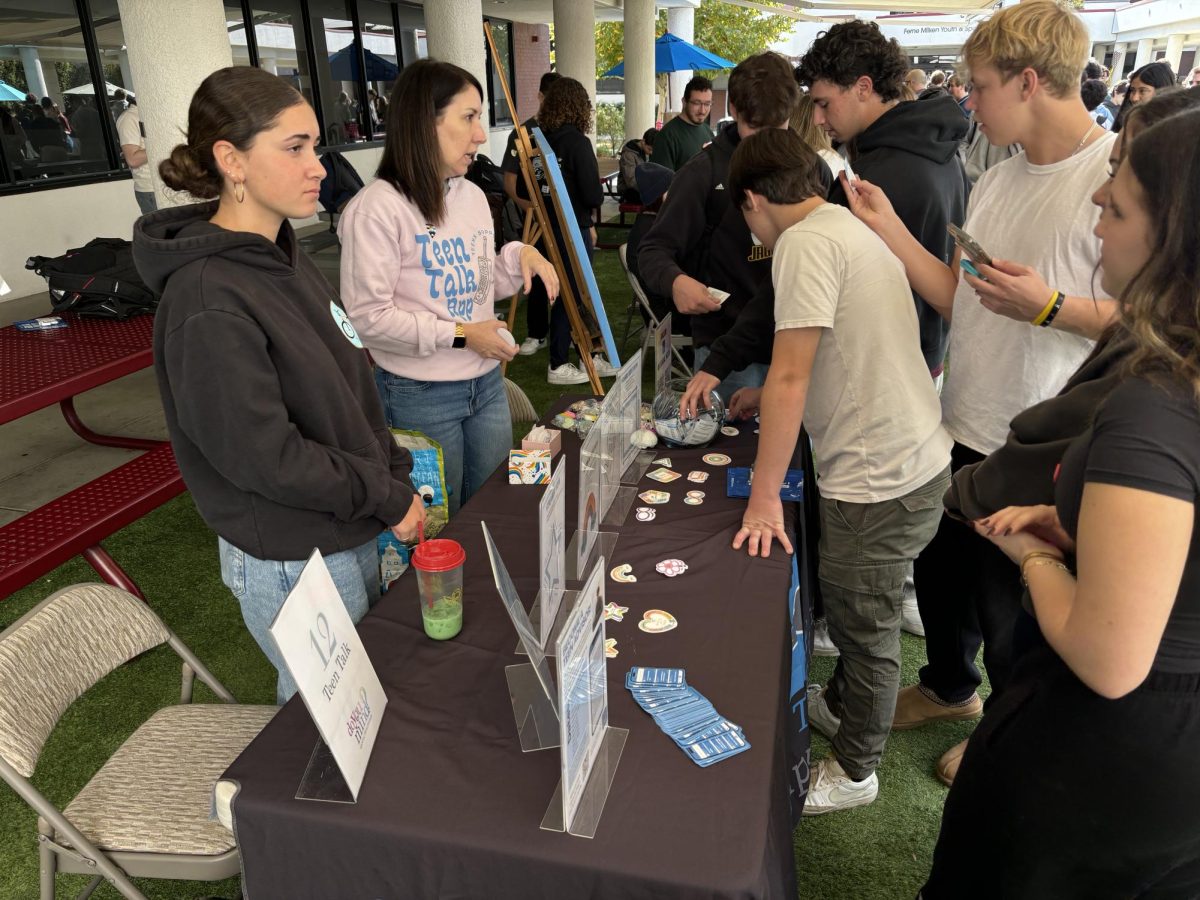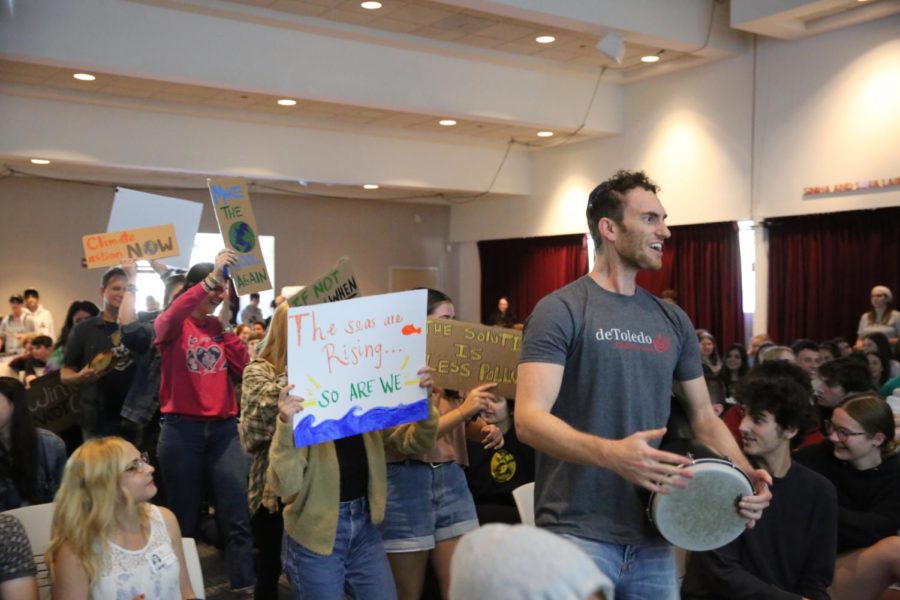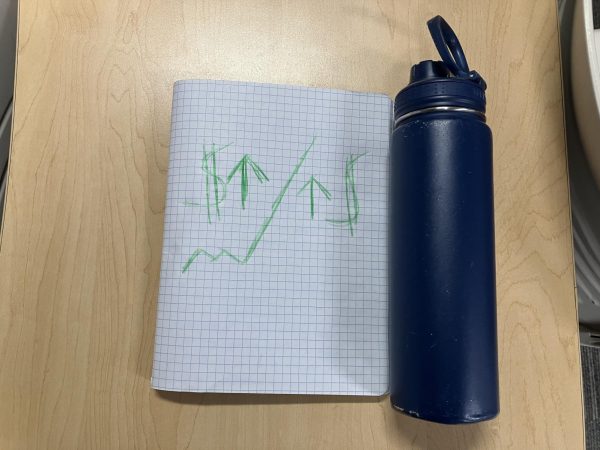Climate Breakdown Compels Student Strikes
de Toledo students and faculty, including Rabbi Bubis on the drum, demonstrate the need for change before their peers at Town Hall.
“Are we knowingly causing a mass extinction? Are we evil? No, of course not. People keep doing what they do because the vast majority doesn’t have a clue about the actual consequences of our everyday life.” -Greta Thunberg (TED Talk, 2018)
Climate breakdown, as it is referred to by Greta Thunberg, a sixteen-year-old Swedish climate activist, threatens the very life in which we live, the earth in which we live it, and the environment which makes that life possible.
The phrase “climate change” is most often associated with melting ice caps and politics, yet there are layers as plentiful as the garbage in the ocean to this global crisis.
Yes, the ice caps are melting, but that is far from the only problem facing our planet today. Decades of worldwide fossil fuel burning and waste production have long since caught up to humanity, with carbon dioxide and other greenhouse gases trapping heat in our atmosphere and reflecting it back down to the surface of the earth. The planet gets hotter, which in turn melts the ice caps, which causes sea levels to rise, which leads to coastal flooding and hurricanes with unprecedented intensity.
Hundreds, potentially thousands, of species are becoming extinct with each passing day. Garbage dominates our oceans, killing fish, turtles, and other sea life. Every single ocean has been identified to have at least one “Trash Island,” and trees in the Amazon are being intentionally torched for industrial purposes, further accelerating extinction rates of both plants and animals, and releasing centuries of stored carbon dioxide into the atmosphere. The “Lungs of the Earth” are coughing up blood, and the air quality in that region is so poor that children cannot go to school.
The Philippines suffers a similar state of destruction, but as a result of another catastrophic hurricane.
So we, the students, are striking.
Millions of students across the globe participated in Friday’s climate strike, hoping to raise awareness about the climate crisis deteriorating our world, and to incite action from political leaders everywhere. Among those millions were de Toledo’s own students and faculty members, led mainly by Judaism and the Environment teacher Mrs. Bodenstein and JOFEE Fellow Stephanie Salem in a Town Hall both protesting and raising awareness about climate change.
While de Toledo did not take to the streets in protest, we did provide an educational program to add background and context to the worldwide strike for students, hopefully creating more aware and environmentally-conscious citizens by the end of the Town Hall. Concluding the Town Hall was a pledge, written by Salem, for students and faculty alike to sign and follow in pursuit of a greener future for our campus. Within the pledge are numerous lifestyle changes, small and large, that make for a more environmentally-friendly way of life for each individual partaking in it. These changes, coupled with those suggested at Friday’s Town Hall to be made by the school itself, aim to make both the de Toledo campus and extended community significantly more eco-friendly and sustainable. By raising awareness about the urgency behind the matter, the aim is also to make an even greater, lasting impact as part of a global movement.
Countless studies have been published proving the existence and catastrophic scale of climate change, and countless individuals, families, and nonprofit organizations have responded, making difficult lifestyle and priority changes that place our world and our future above all else.
Despite how noble and honorable those people may be, they represent a fractional minority of the world’s population, and, therefore, must raise their voices along with others who are passionate about the cause in order to bring it to the attention of those who can make a significant global difference: the world’s political leaders.
Thus was the main point of the climate strike, as average citizens can do only so much in their power to sway public habits and opinions without political or legal backing of any kind. Instrumental leadership figures such as Thunberg have boldly stepped into the spotlight in order to spearhead dramatic strides toward change and to become examples of what is possible with dedication and resistance to ignorance.
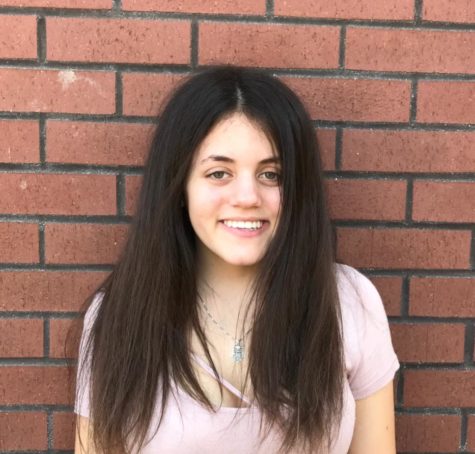
Hi! My name is Sarah. I’m a senior and am excited for my third year on The Prowler team. I’m interested in writing articles with focuses varying from...

